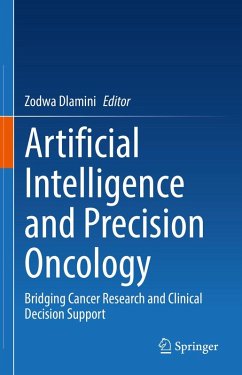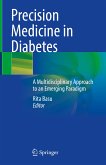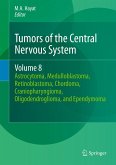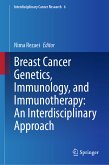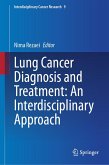The book is divided into three parts starting with a section on theuse of artificial intelligence for screening, diagnosis and monitoring in precision oncology. The second part: Artificial intelligence and Omics in precision oncology, highlights the use of AI and epigenetics, metabolomics, microbiomics in precision oncology. The third part covers artificial intelligence in cancer therapy and its clinical applications. It also highlights the use of AI tools for risk prediction, early detection, diagnosis and accurate prognosis.
This book, written by experts in the field from academia and industry, will appeal to cancer researchers, clinical oncologists, pathologists, medical students, academic teaching staff and medical residents interested in cancer research as well as those specialising as clinical oncologists.
Dieser Download kann aus rechtlichen Gründen nur mit Rechnungsadresse in A, B, BG, CY, CZ, D, DK, EW, E, FIN, F, GR, HR, H, IRL, I, LT, L, LR, M, NL, PL, P, R, S, SLO, SK ausgeliefert werden.

